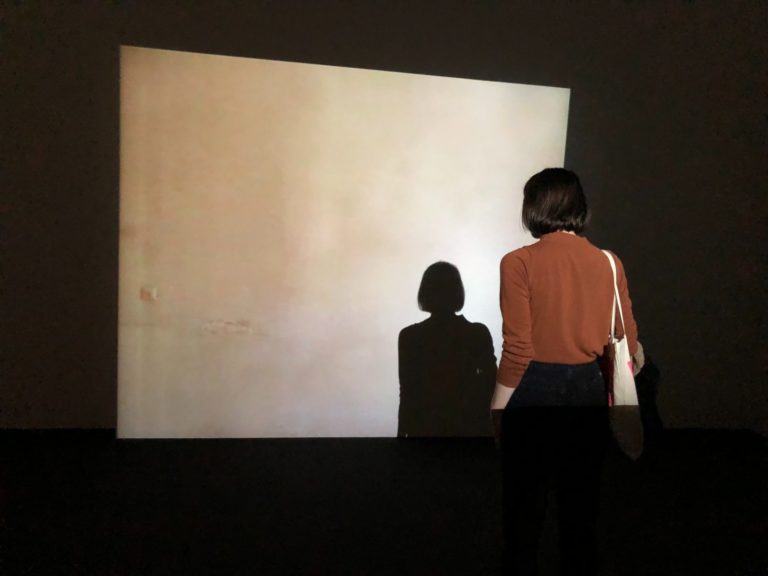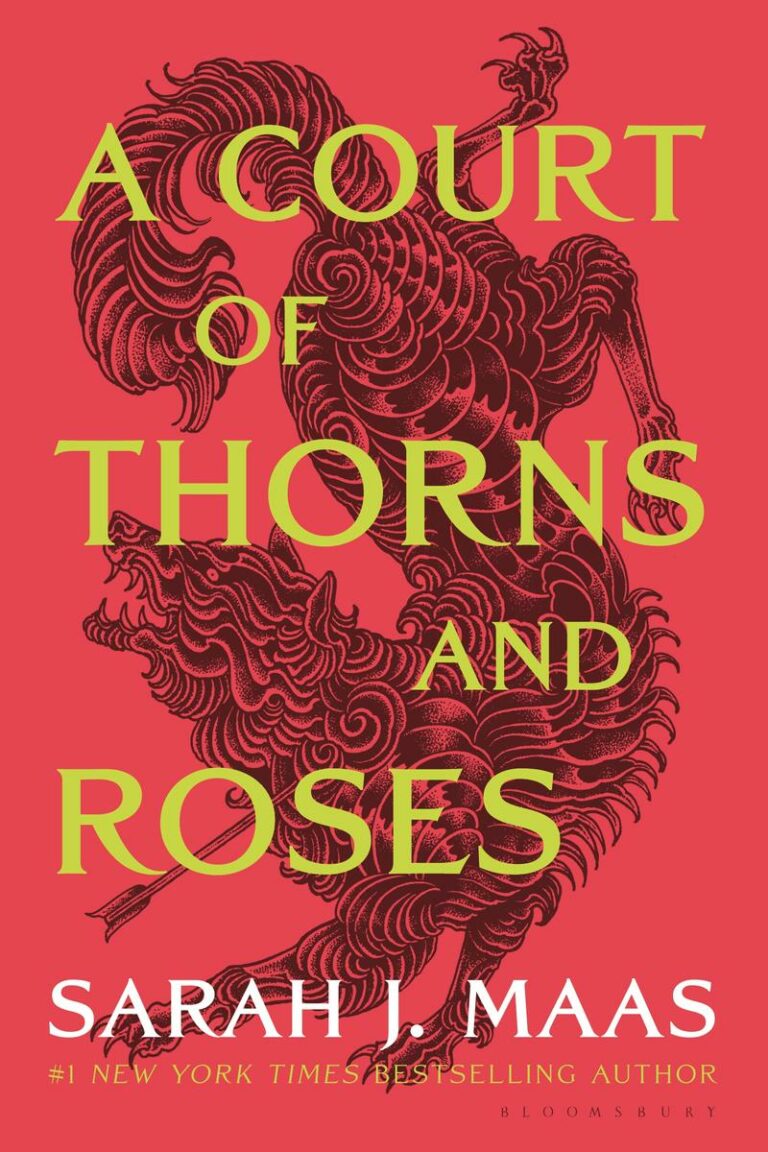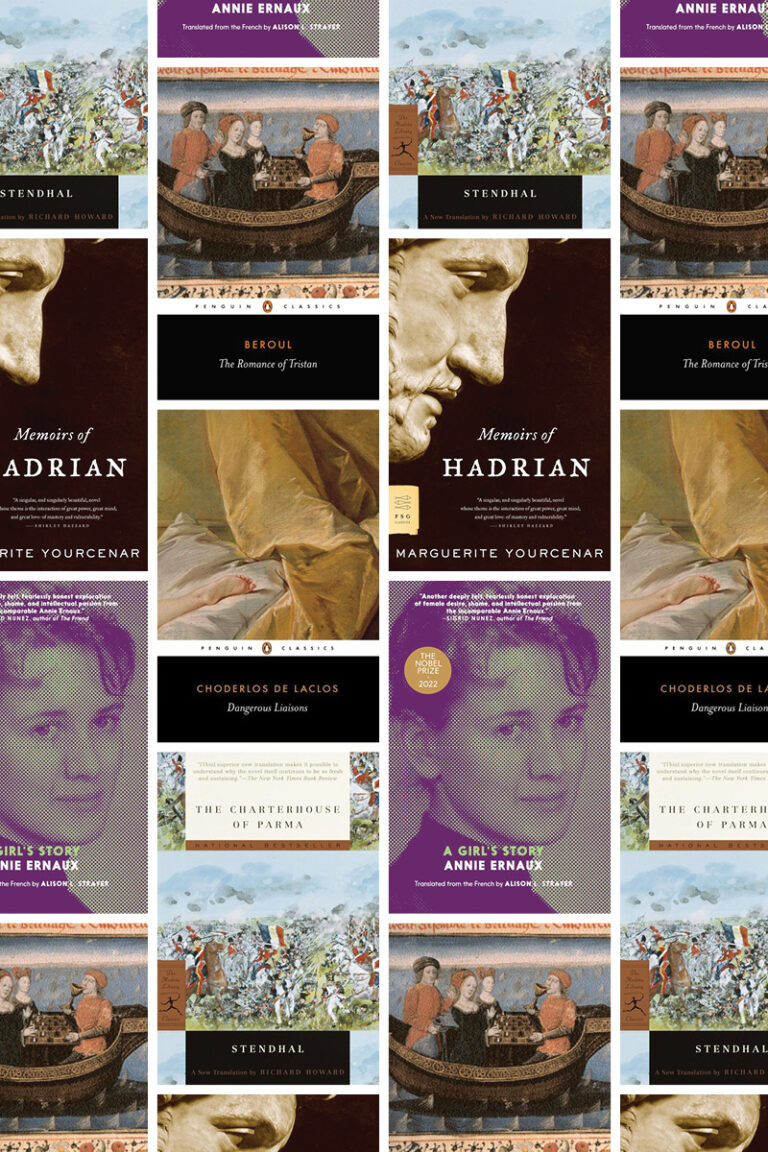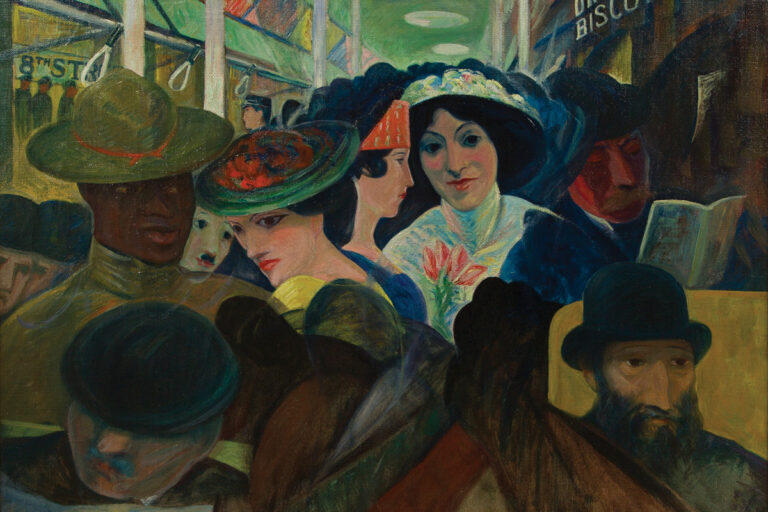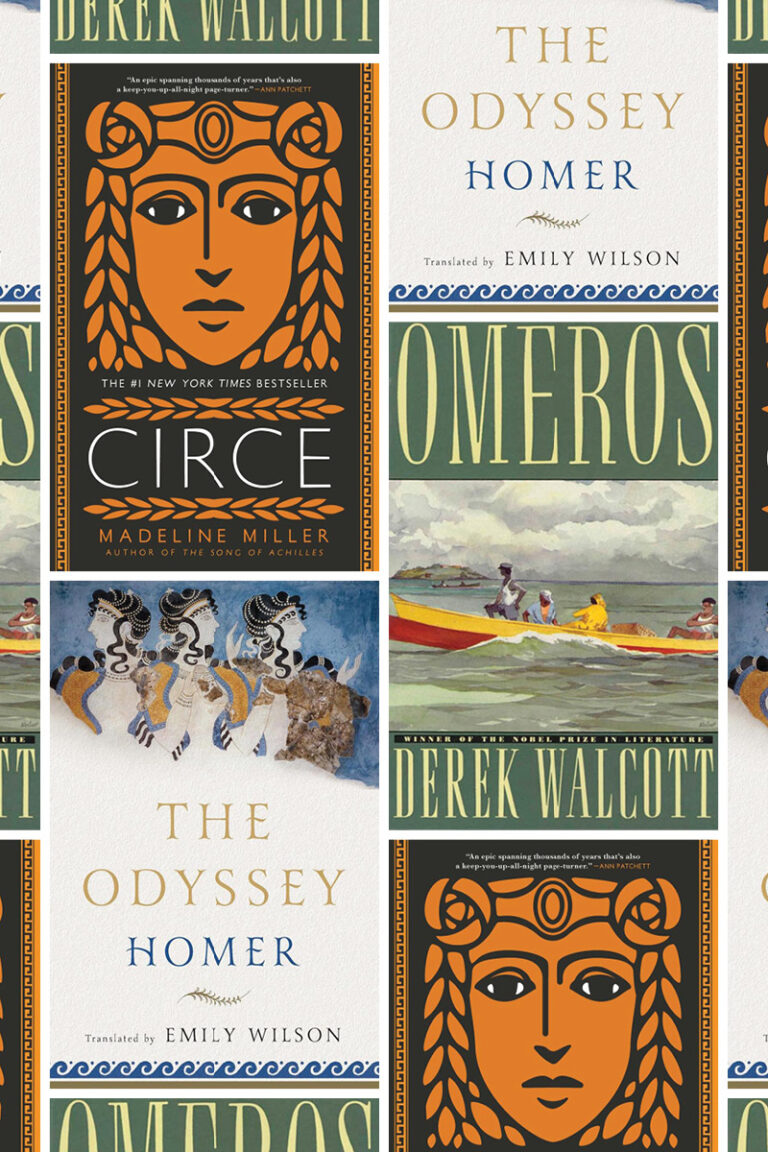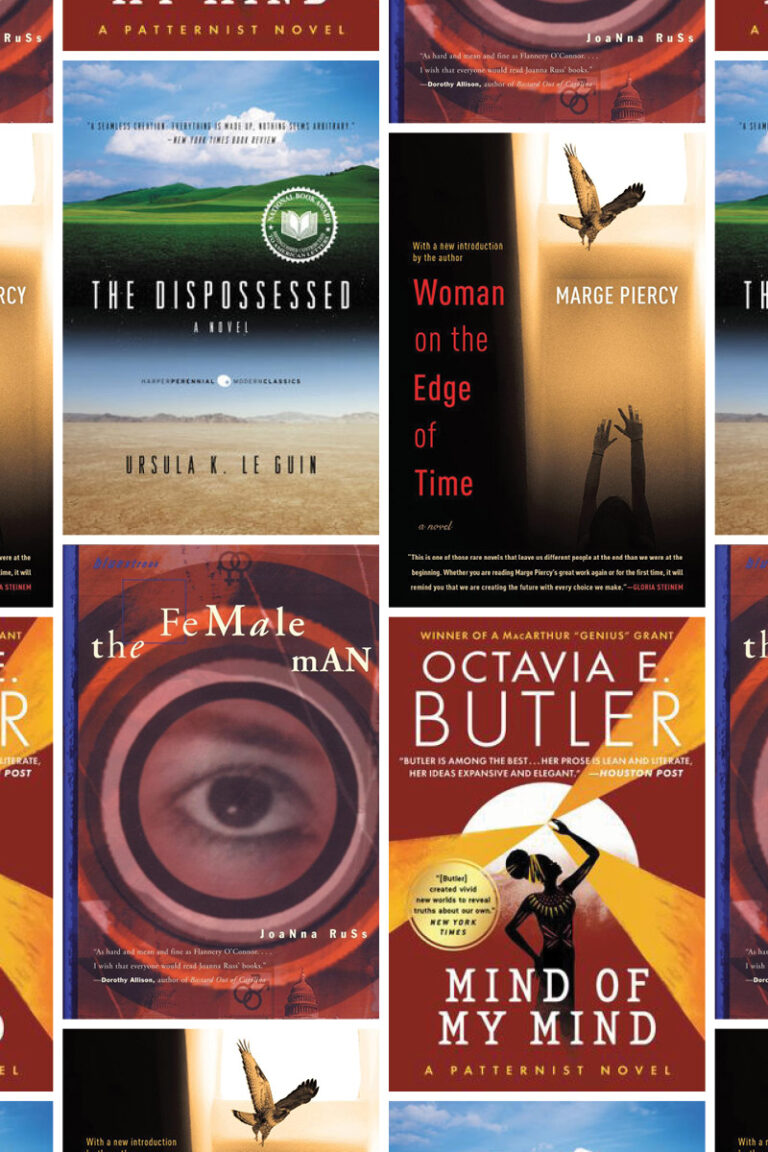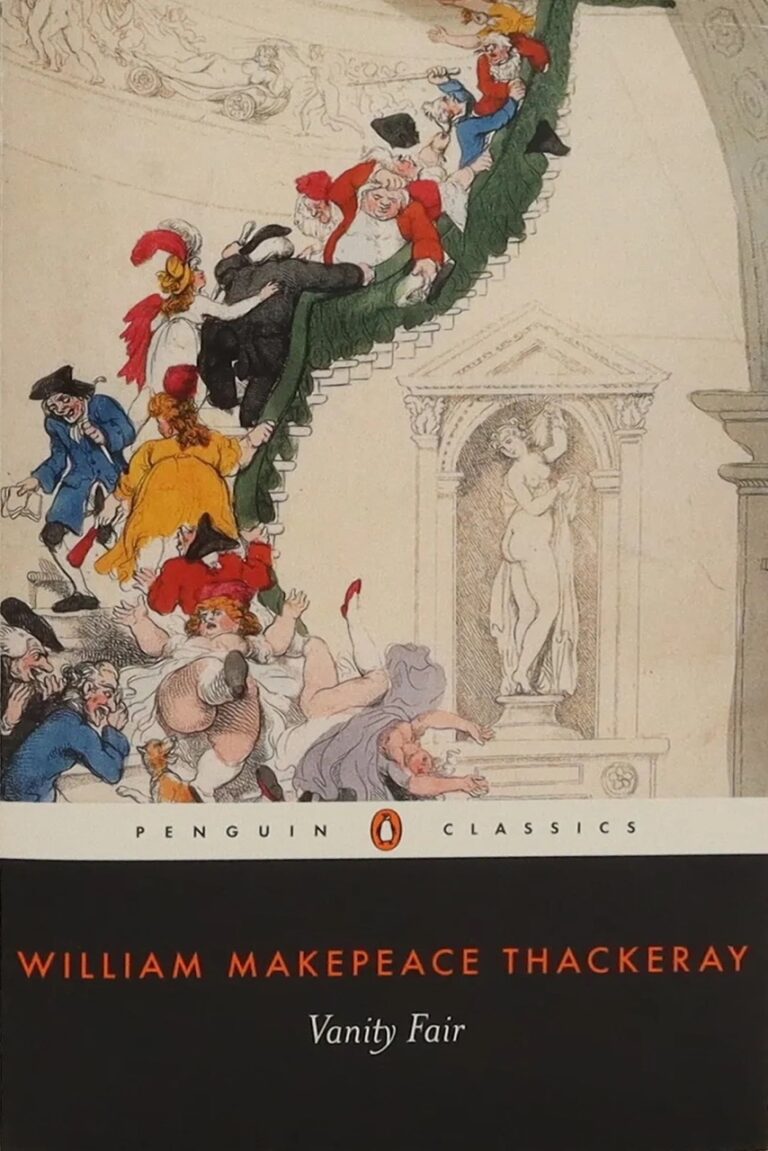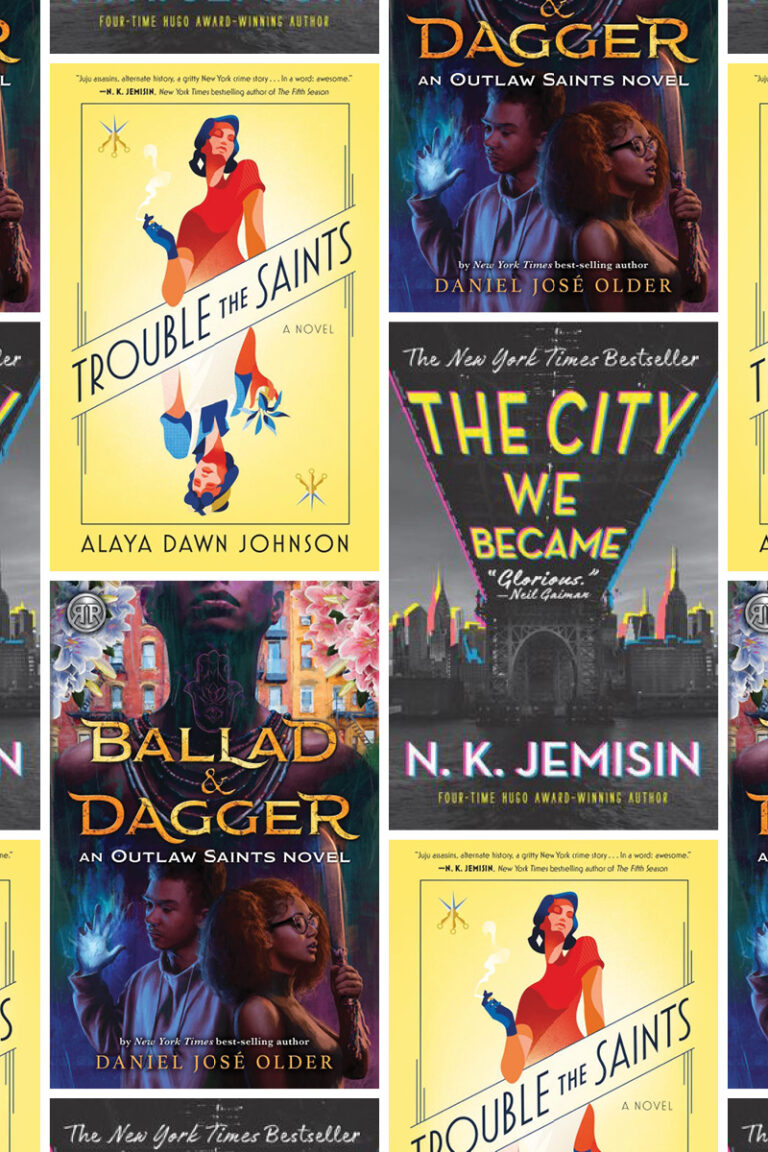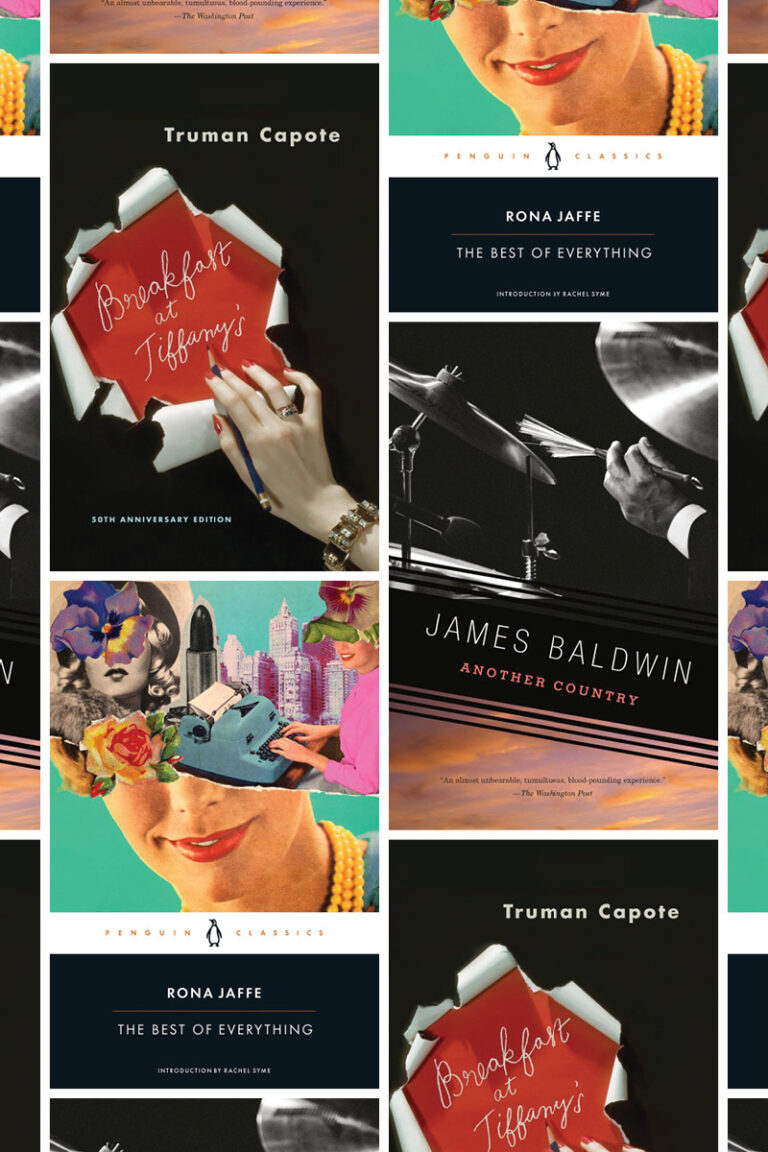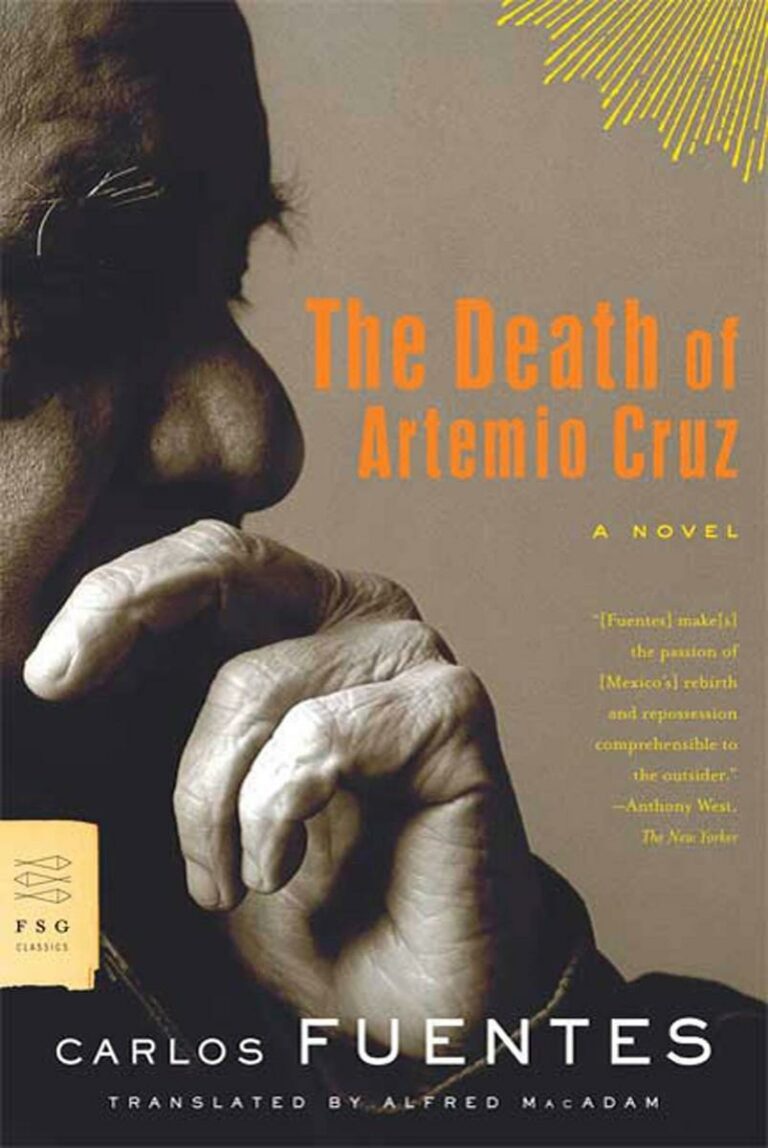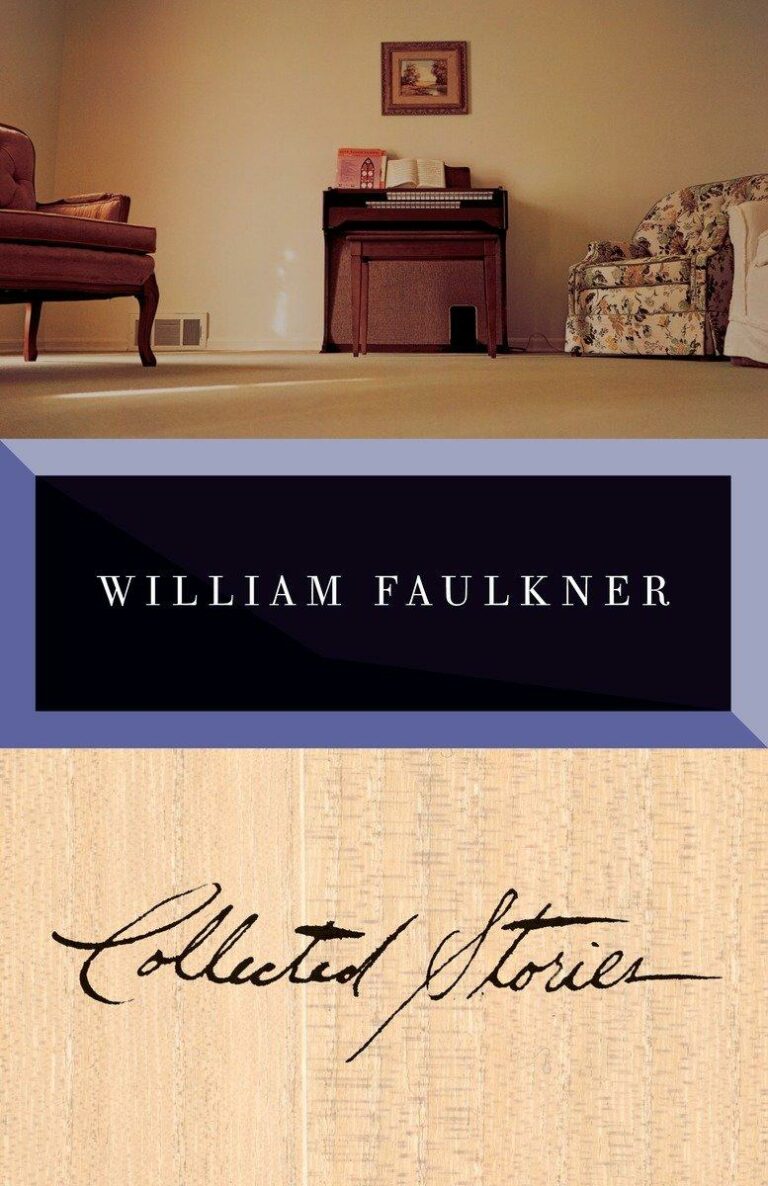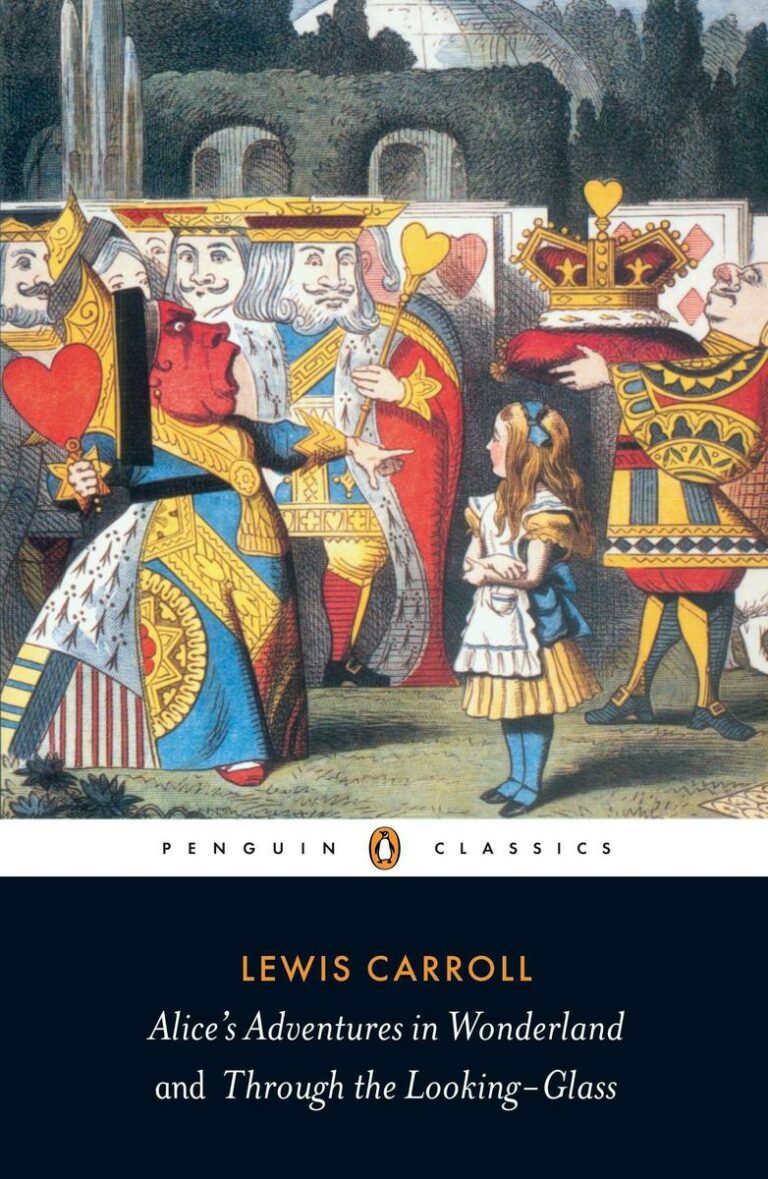$150
2 Sessions
Out of stock
Saturday & Sunday 11:00 am EDT - 2:00 pm EDT March 25 to March 26, 2023
Online via Zoom
Behind almost every traditionally-published nonfiction book is a successful book proposal. No doubt, you want to write a complete memoir, biography, cookbook, advice guide—and you should!—but, sadly, literary agents and the publishing house editors who buy books don’t want to read your full manuscript. At least, not yet.
They want to read your book proposal.
The goal of this Nonfiction Book Proposal Bootcamp is to help writers understand what proposals are, their complicated role (to interest and entice but not to hype), and how to best convey the book they envision. Doing that means being aware of the obstacles and the market realities that face all prospective authors and all book proposals. In a competitive, overcrowded market, how do proposals find agents that “get it” and book editors that want to buy in? What sets a work apart? And why will a proposal appeal to one agent or editor and not another?
Our two-day bootcamp, for writers of all levels, will lay out the nuts and bolts of a traditional proposal. Zooming in on the most critical components—The Overview, the Chapter Summary and the Sample Chapter or Excerpt, participants will hone presentation strategies to help them optimize and convey the hook and arc of their book. The class will use quick role-playing sessions, and short, five-minute writing drives to identify and share key ideas. As detailed in the course outline, we will examine different tactics and approaches to constructing these elaborate, 30- to 50-page show-and-tell documents. We’ll also discuss promoting each author’s expertise and look at other proposal mainstays, including marketing plans and comparative sales.
Course Outline
- The instructor will talk about the importance of proposal writing and the importance of each participant taking each other’s work seriously. Bootcamps may be tough, but they should be compassionate, too! Putting off introductions, for a moment, participants will engage in role-play, pitching their project to each other, then switching to another partner and doing it again.
- Then, having warmed up, participants will introduce themselves, the project they are working on, and what they most hope to learn from the sessions.
- The rest of the class will focus on the overview — what it is and what it should do. We’ll write and workshop opening paragraphs, and highlight the story arc and the key elements—unique content, news-worthy revelations — that will make your book an essential, markable read for clearcut audiences.
- We will also focus on selling ourselves as authors, which is also a key part of the overview. What makes the author the unique, embodiment of the book? Our mantras? “Accentuate the positive” and “It’s not bragging if it’s true.” And we’ll work on conveying that in the overview as well.
- The whirlwind continues the next day. We will discuss various Chapter Outline approaches, which are often book-specific. The level of detail for a how-to book will be different than a gritty crime tale or a national politician’s book about the regreening of America. Some summaries, then, can be light and airy. Others may get into the weeds. A third, more ambitious approach, for ambitious books, consists of two paragraphs per chapter to focus on content and meaning.
- For the sample section, writers will be quizzed on the chapter they want to write. How does it fit into the story described in the Overview? What are its selling points? What is the goal of the sample? To instantly hook the reader? To demonstrate authorial authority? To offer up a stunning conclusion? Or share bombshell revelations that are uncovered midway through the book?
- The third of the class will be, for better or worse about comp sales and marketing. Social Media platforms, or lack thereof, are supposedly a major concern. That said, many authors break through without a pre-existing social media presence, and authors with millions of followers have bombed. Still, we’ll brainstorm—together!–so you can identify networking and marketing opportunities you may have overlooked.
Capacity: 20

Led by
-
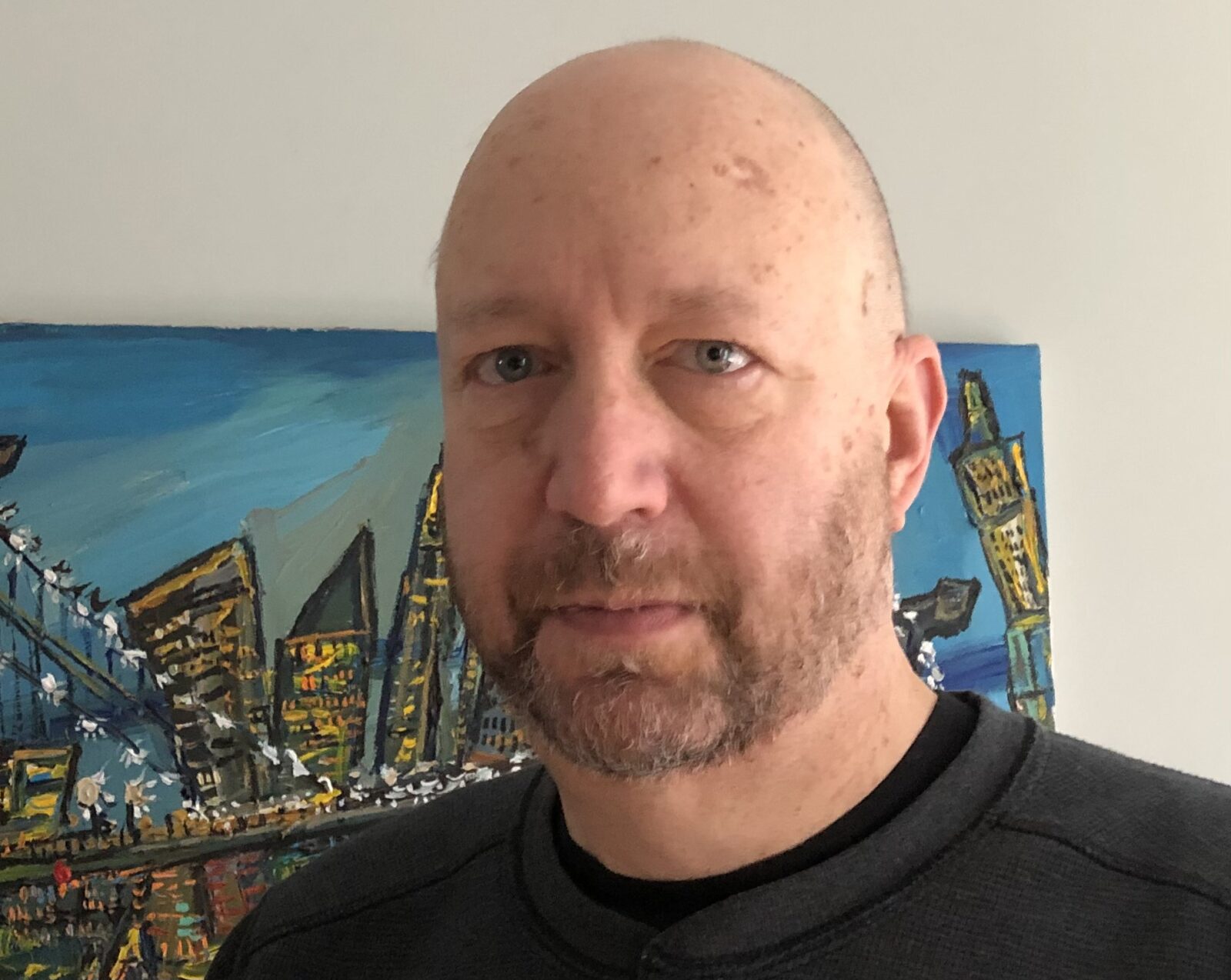
Seth Kaufman
Seth Kaufman
Seth Kaufman is a ghostwriter and novelist. He is the author or co-author of five book proposals purchased by large and mid-sized publishers, including autobiographies of basketball legend Rick Pitino, video game designer John Romero, and his own collection of music essays Metaphysical Graffiti. He has collaborated on bestselling memoirs, biographies, current affairs, political and sports books. His work, under his byline or a clients’ byline, has been published by the Wall Street Journal, the New Yorker online, LitHub, Publishers Weekly, and many other national publications. His satirical work, The King of Pain, was called “one of 2012’s most enjoyable novels” by the New York Times. The autobiography Eat My Schwartz—which Kaufman co-authored (and also wrote the proposal for)—was called “easily, one of the most unique and well-done books about NFL life I’ve ever read,” by football scribe Mike Freeman in Bleacher Report.
By Seth Kaufman
-
.
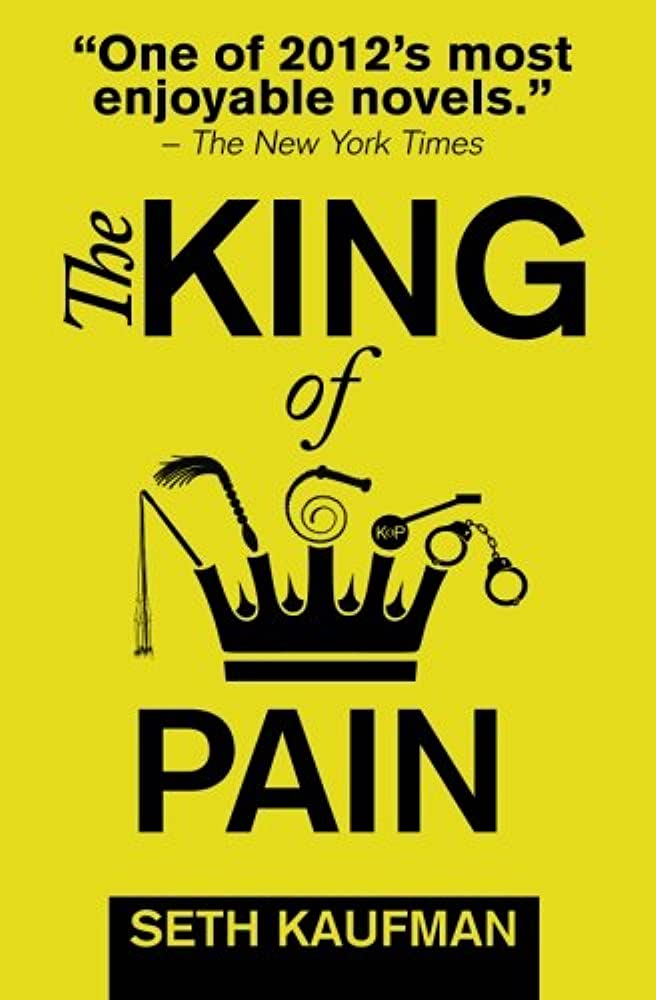
The King of Pain
By Seth Kaufman
Published by Sukuma Books
Rick Salter expects to be hated; after all, he’s the mind behind the outrageous—and outrageously successful—reality TV show about torture, The King of Pain. What he finds much more worrisome than the ire of cultural critics is that when he wakes up one Saturday morning, he’s trapped underneath his gigantic home entertainment system with no idea how he got there. Rick has 48 long hours ahead of him until his housekeeper will come to his rescue and nothing to pass the time except pain, bad memories—and a strange book he finds lying beside him. Called A History of Prisons, it is written by one Seth Kaufman, and it seems mysteriously relevant to Rick’s predicament…
About this series
Writing Workshops
We strive to make our classes the most inviting and rewarding available, offering an intimate environment to study with award-winning, world-class writers. Each class is specially designed by the instructor, so whether you’re a fledgling writer or an MFA graduate polishing your novel, you’ll find a perfect fit here.



